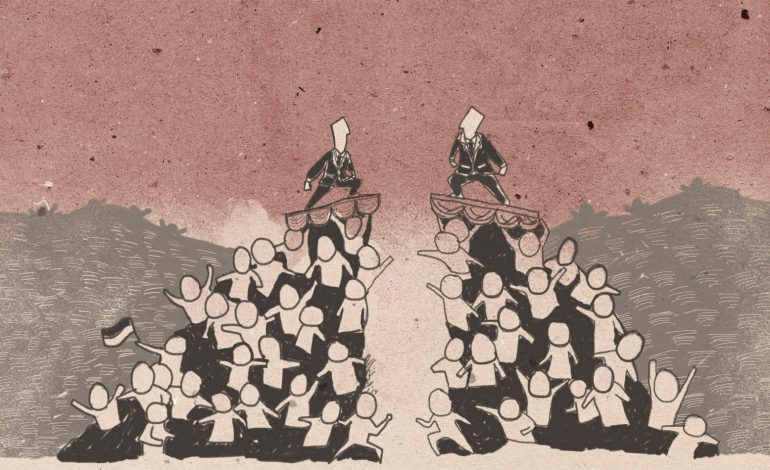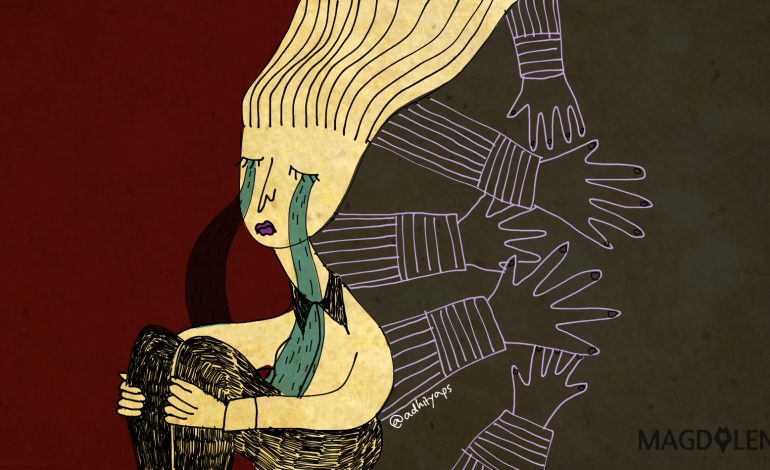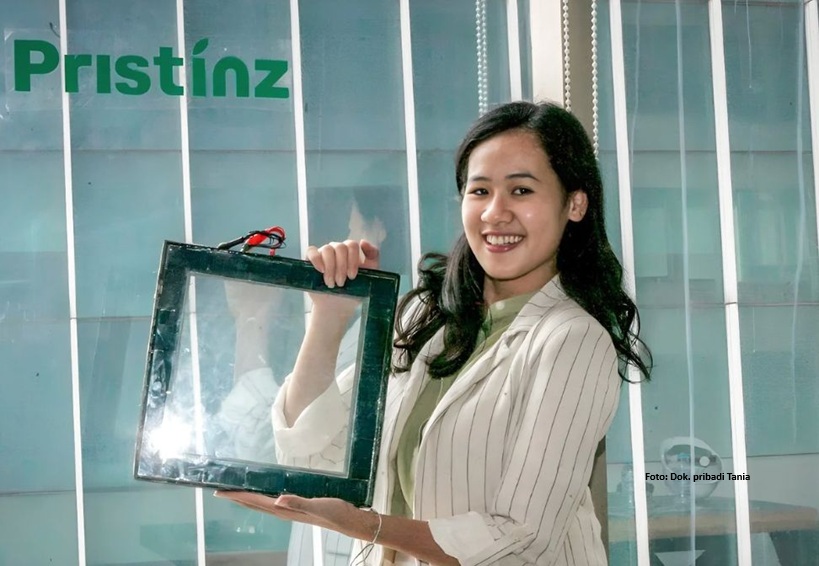Women Clerics: Stop Bringing Religion into Politics

Some 100 women Muslim clerics have called for unity and an end to sectarian political practice as tension grips Indonesia ahead of this year’s and next year’s elections. A statement signed by 137 women grouped in the Indonesian Women Ulema Network warned of the danger of identity politics, fake news and hate speech to the nation’s social cohesion.
“This moral statement initiative represents the concerns of women religious scholars throughout Indonesia,” said Badriyah Fayumi, the Chair of Mahasina Darul Qur’an wal Hadith Islamic boarding school in Bekasi, West Java, during a press conference held last week at the Istiqlal Mosque Central in Jakarta.
In June dozens of regional elections will be held across Indonesia and next year Indonesia will hold its legislative and presidential election. Highly divisive political campaigns in print and online media, as well as social media, which have started since the 2014 Presidential Election and worsened again in the Jakarta Gubernatorial Election last year, often involve hoax and hate speech. In some cases, they have led to physical attacks on religious leaders, minorities, and raids on worship places.
Hindun Annisah from the Hasyim Asyari Islamic boarding school in Jepara, Central Java, called for everyone to protect pluralism in the country by staying clear from campaigns that inflame sectarian sentiments.
“Candidates, supporters and sympathizers should put national unity above pragmatic political interests. Don’t abuse religion for primordial and momentary purposes,” said Hindun
The Indonesian Women Ulema Network also called on the government and the law enforcement to enforce strict, fair and transparent rules and law on anyone who commit crimes and on all efforts to disintegrate the nation. Maintaining solidarity and peace is everybody’s duty, so everyone should work together to preserve the local tradition, embracing different community groups that represent diverse backgrounds. The women clerics also asked religious leaders, community leaders, and community groups to prioritize public education in order to strengthen national unity above the group’s interests.
“Indonesia has a very strong social and cultural capital, which was originally used to mitigate the actions that could potentially divide the nation’s unity,” said Badriyah.
“The Indonesian Women Ulema Network wants to convey Islamic teaching that promotes unity and peace,” she added.
The women’s clerics network was established in the first Indonesian Women Ulema Congress (KUPI) held on April 25-27, 2017 in Cirebon, West Java.
Find out how Indonesian legal system is unfair to women victims of violence and follow @bunnnicula on Twitter.






















